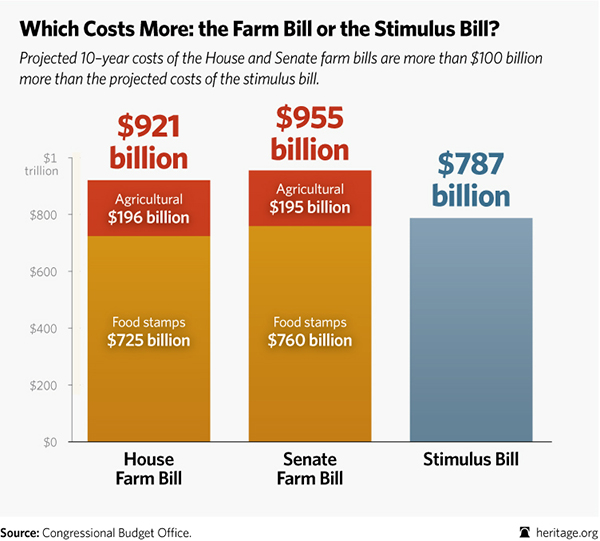 Nearly half of Capitol Hill staffers could qualify for overtime pay under the new Obama administration overtime rules to move the threshold to $50,440. Whether the new rules will apply to staffers is an open question for Congress.
Nearly half of Capitol Hill staffers could qualify for overtime pay under the new Obama administration overtime rules to move the threshold to $50,440. Whether the new rules will apply to staffers is an open question for Congress.
According to a custom report produced for CQ Roll Call by LegiStorm, 5,617 staffers, or 43 percent, are making less than $50,440 annually. The report analyzed 13,092 Capitol Hill staffers who work in committee, leadership and personal offices of the House and Senate and adjusted for anomalies, which include staffers who leave midway through a fiscal quarter and those paid out for vacation days.
The new overtime regulations are expected to affect nearly 5 million Americans. On a recent conference call with reporters, White House Domestic Policy Council Chief Cecilia Muñoz said the Office of Personnel Management is likely to adopt the new threshold for federal government workers as well.
However, legislative branch employees — including Capitol Hill staff — are exempt from many labor rules unless Congress takes proactive action, such as amending the landmark Congressional Accountability Act that brought workplace rights, including the Fair Labor Standards Act, to Capitol Hill staffers.
While several offices — including that of House Minority Leader Nancy Pelosi, D-Calif. — provide overtime pay, many do not. Long hours are considered the de rigueur workplace norm on Capitol Hill, as is lower-than-market-value pay.
Capitol Hill jobs are competitive — many want to work on the Hill and some are willing to do so for free. Offices are small, compact units, often functioning as their own separate small businesses with their own workplace rules and norms. For many staffers, the day begins before the boss arrives and lasts well into evening receptions at night, which can often mean 50- or 60-hour workweeks when Congress is in session.
Under the previous overtime threshold of $23,660, only 244 staffers, or less than 2 percent, would have qualified for overtime pay. However, a source familiar with the LegiStorm data believed the number to be even smaller, as the low salary likely included temporary workers, such as interns or part-time staff.
The Obama administration announced plans in June to amend the Fair Labor Standards Act to move the overtime threshold from $23,660 to $50,440. An open-comment period will last through September, and the new overtime threshold would be implemented in 2016. Workers who make less than $50,440 would be paid time-and-a-half for working more than 40 hours a week.
While Congress has previously been unwilling or slow to take action on implementing employment laws for its own employees, the overtime rules fall into a gray area. Parts of the FLSA were adopted as part of the Congressional Accountability Act in 1995, including overtime provisions.
“I think there is going to be a lot of pressure for Congress to keep current with the FLSA,” said Kelly A. Magnuson, a labor and employment attorney with Tully Rinckey PLLC. “The CAA does follow the FLSA. To now say that they are not going to make the changes is going to cause a lot of upheaval.”
It’s possible that even as new overtime regulation changes sweep the private sector and executive branch, Congress may remain resistant to modifying its own employment rules. If not, staff on Capitol Hill, even those making as little as $23,661 annually, may see no changes.
The overtime rules are most likely to affect staffers in House personal offices, said Jock Friedly, president and founder of LegiStorm, who produced the data for CQ Roll Call.
“As a general rule, people make more in the Senate than they do in the House; it’s a very clear trend that we see,” Friedly said. “Even for the same job, the Senate will pay more than the House does.” Committee and leadership offices often pay more as well, with Friedly noting that certain committees have one-fourth of the staff making close to the staffer maximum salary of $174,000.
Certain Hill offices may adopt the overtime changes, said Julie Kashen, a former House and Senate staffer and current senior policy adviser for Make It Work. “That is the way so much already works on the Hill. Some offices have much more flexible policies overall. And some are less generous,” she said.
Kashen believes the increase in transparency has helped provide more generous workplace policies on Capitol Hill, and that a younger generation of millennials are likely to speak up and demand workplaces that “work for them” rather than accepting an outdated status quo. “Younger staffers may be a huge part of that,” Kashen explained. “They are the ones most likely affected by it.”
One thing that is not likely to change is the high level of interest in pursuing Capitol Hill jobs. Even without adhering to the same labor laws as the rest of the workforce, enough staffers find the employment worthwhile and meaningful to do, even without extra compensation.




